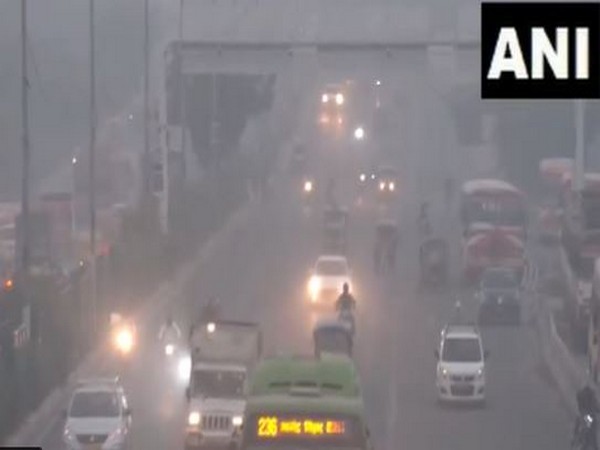DGHS Urges States to Combat Escalating Air Pollution Ahead of Festive Season
Dr. Atul Goel from the Directorate of General Health Services has urged state health departments to boost preparations in response to increasing air pollution levels. The directive calls for public awareness campaigns, workforce strengthening, and participation in surveillance systems, as air quality worsens with the festive season and winter onset.

- Country:
- India
Amid rising levels of air pollution, the Director of General Health Services, Dr. Atul Goel, has issued a directive to health departments across all states and union territories. This directive highlights the need for urgent preparations to address the negative health impacts associated with deteriorating air quality.
Dr. Goel's letter emphasizes that air pollution has become a significant health concern, as the Air Quality Index (AQI) in various regions has reached moderate to poor levels. This issue is likely to intensify with the advent of the festive season and the onset of winter, according to the DGHS document.
The directive outlines strategic measures such as enhancing public awareness campaigns, promoting regional language communication through mass media, improving healthcare workforce capabilities, and increasing participation in sentinel surveillance for air pollution-related diseases under the National Program on Climate Change and Human Health.
Dr. Goel further highlighted the severe health risks posed by air pollution, which exacerbate chronic diseases and heighten mortality rates, particularly among vulnerable demographics such as children, the elderly, and those with certain pre-existing health conditions.
The letter also stresses the importance of discouraging practices like stubble and waste burning and reducing firecracker use during festivities. Additionally, promoting public transport, reducing reliance on personal fuel-based vehicles and generators, and curbing smoking are recommended steps to improve air quality.
Citizens are advised to minimize their exposure to polluted air by using government air quality monitoring apps, avoiding congested areas, and opting for cleaner domestic fuels. Population subgroups, including the elderly, pregnant women, and individuals with cardiovascular and respiratory conditions, should particularly avoid outdoor activities, as suggested by Dr. Goel.
(With inputs from agencies.)
ALSO READ
Gig Economy Booms During 2024 Festive Season
Northern Railway Breaks Record with 6 Crore Passengers During Festive Season
SANParks Shows Major Progress in Road Maintenance Ahead of 2024 Festive Season
Mumbai Airport Sees Surge in Festive Season Traffic
Senco Gold Shines with 1.6% Profit Growth Amid Festive Season










